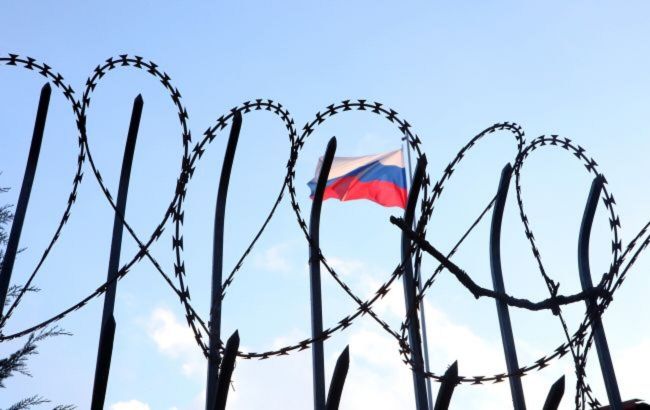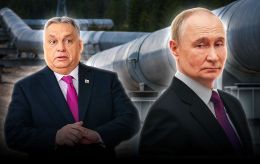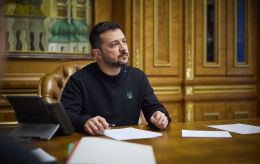Hungary and Slovakia ask EU to lift sanctions on six Russian oligarchs
 Photo: Budapest and Bratislava lobby to lift EU sanctions against Russia (Getty Images)
Photo: Budapest and Bratislava lobby to lift EU sanctions against Russia (Getty Images)
Hungary and Slovakia have asked the European Union to lift asset freezes and visa bans for six Russian oligarchs. This step is needed to extend a series of other sanctions already in place against Russia, according to Radio Free Europe/Radio Liberty.
The outlet noted that Hungary, and more recently Slovakia, have been using their veto power to push for the removal of some of the most prominent names from the sanctions list.
Both central European countries maintain close political ties with the Kremlin and argue that EU sanctions harm the European economy more than the Russian one.
Several EU diplomats, speaking on condition of anonymity, said that this time Slovakia is seeking to delist oligarch Alisher Usmanov and businessman Mikhail Fridman. Hungary, for its part, is also pushing to remove oligarchs Dmitry Mazepin, Petr Aven, Musa Bazhayev, and Albert Avdolyan.
Most of these figures had already been considered for delisting in previous review rounds, except for Avdolyan, who was sanctioned by Brussels only in February this year.
Other EU member states have suggested an alternative: removing only one or two so-called "weak cases," meaning individuals whose listings are unlikely to withstand a court challenge due to insufficient grounds.
There has also been a proposal to extend sanctions once every 12 months instead of every six months. However, both Bratislava and Budapest rejected this idea in earlier negotiations in Brussels. The debate will now move to the level of EU ambassadors on September 3.
Not first precedent
This is not Hungary’s first such request. In March, after weeks of painstaking diplomatic negotiations among European officials, Russian businessman Vyacheslav Moshe Kantor, Russia’s sports minister Mikhail Degtyaryov, and Gulbakhor Ismailova, sister of billionaire magnate Alisher Usmanov, were removed from the "blacklist."
EU sanctions against Russia
EU sanctions against Russia currently cover more than 2,600 individuals and entities after 18 rounds of restrictive measures, which must be renewed unanimously every six months, usually in mid-March and mid-September.
The next deadline for renewal is September 15. The outlet suggests that a compromise regarding the named individuals is likely to be reached next week.
On July 18, the European Union adopted its 18th sanctions package against Russia, considered one of the strongest since the start of the full-scale war.
The package targeted 22 banks, four companies linked to the Russian direct investment fund, and 26 entities connected to Russia’s defense industry, among others.
Brussels is now preparing a 19th sanctions package, aimed at the shadow fleet and companies helping Russia circumvent restrictions. The EU is also considering secondary sanctions to prevent third countries from assisting Moscow in evading the measures already in place.
Meanwhile, oligarch Alisher Usmanov is seeking to have the sanctions against him eased.

